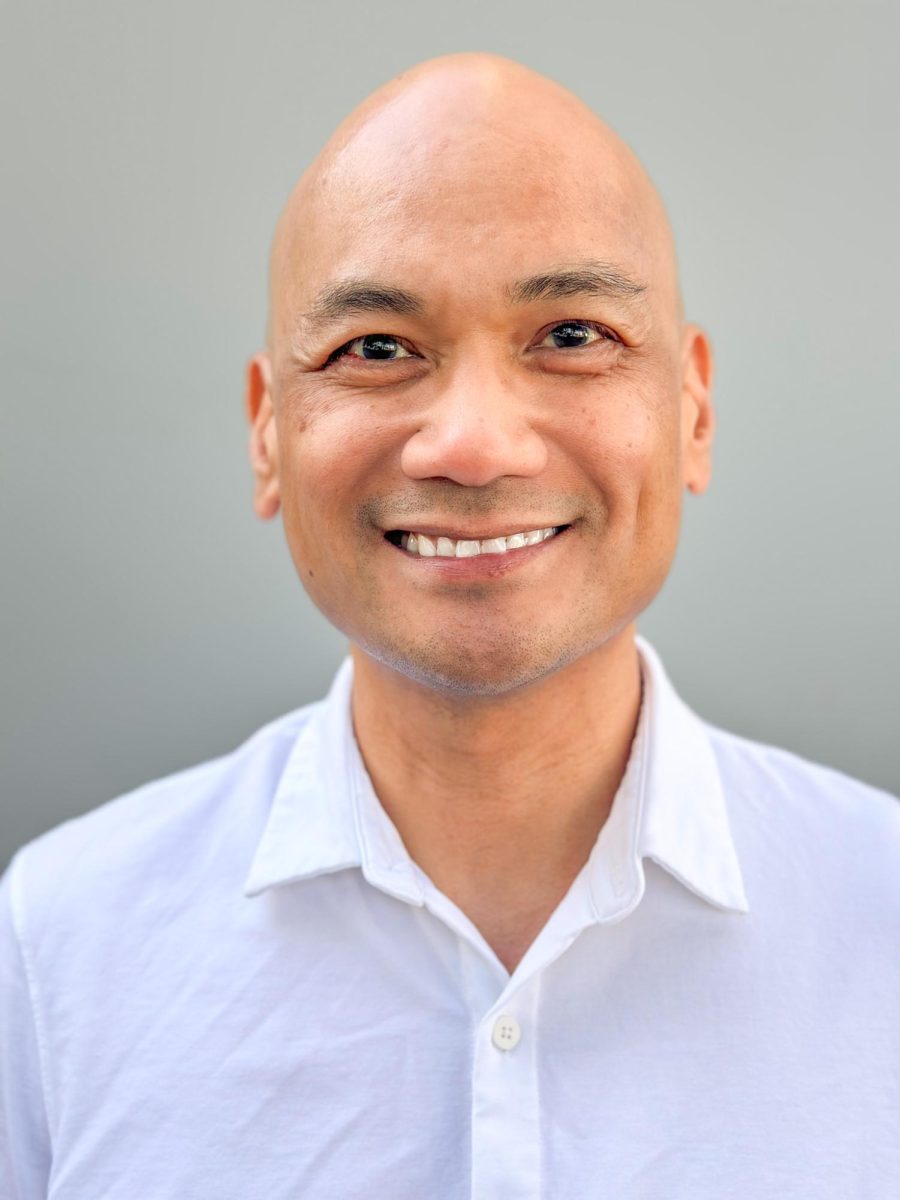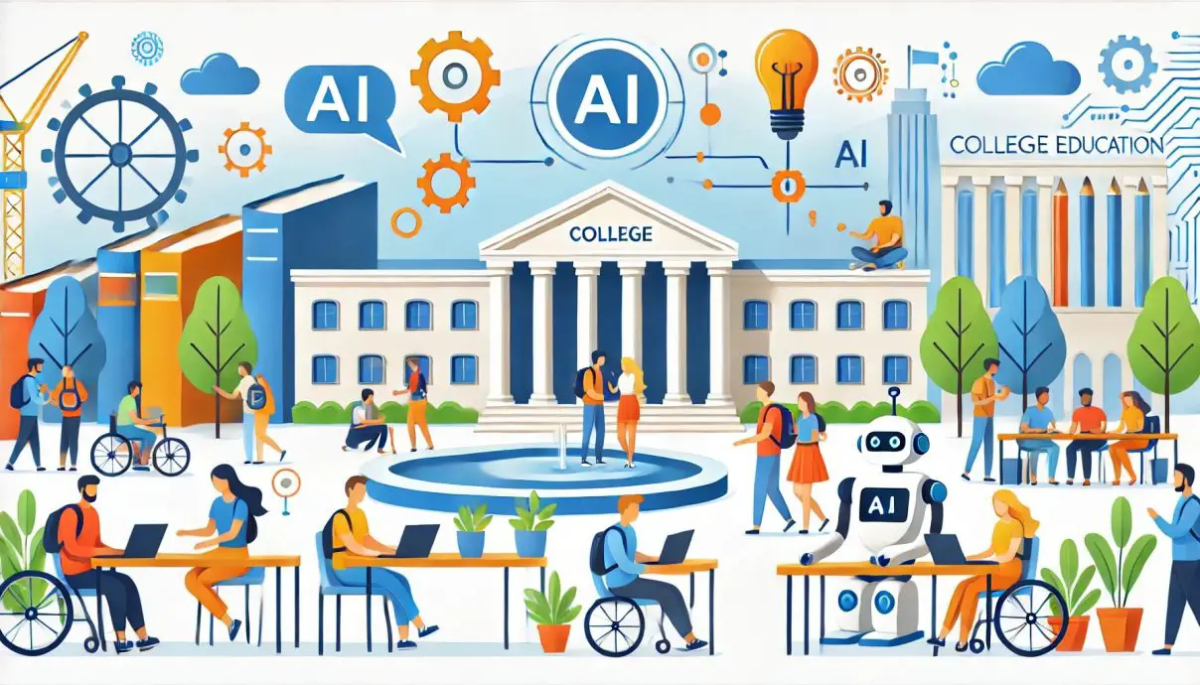The Dismaying Conditions for Game Developers
June 3, 2017
Last October, controversy was struck when the Screen Actors Guild and the American Federation of Television and Radio Artists (SAG-AFTRA) went on strike against several game publishers for unfair treatment of voice-actors in the industry. The strike stirred up a backlash from some game developers, who claimed that their work was also often exploited, and voice actors arguably contribute less to a game than devs. Why should voice actors get a better deal when developers are still breaking their back? Obviously, this is no reason not to fix the circumstances with voice-actors — just because a machine has two broken cogs doesn’t mean you shouldn’t fix one when you have the chance. Nonetheless, the controversy did bring an important subject back into the limelight: working conditions for developers of big-budget games are exceedingly poor, and things aren’t much better for indie titles.
“There were some hard truths I had to learn” says game developer Kishan Emens, Board Member of Foothill’s Computer Science Club, and designer of Bubble Labs VR for the HTC Vive. Emens has worked on projects ranging from indie to triple-A (that’s gaming jargon for ‘big-budget’). Triple-A games especially are known for the harsh working conditions placed on developers. “For triple-A games, [game developers] have some of the hardest working teams ever.” says Emens. Deadlines are a major issue in the Triple-A space, and these deadlines can often lead to what is called ‘Crunch Time.’ Crunch Time is the severe overworking of developers — sometimes amounting to 80 hours a week of largely unpaid labor. Crunch Time is also extremely common, with, according to the Developer Satisfaction Survey of 2014, 81% of developers experiencing it. According to Jason Schreier in an article for large gaming media site Kotaku “Crunch . . . has become status quo for the video game industry.”
The practice of Crunch Time is not only unacceptable from a humanitarian standpoint, but also arguably hurts the products produced. Many game franchises from Triple-A studios have been plagued by monotonous design and horrific bugs as Ubisoft’s Assassin’s Creed: Unity famously was. But who can blame the developers when such harsh conditions are imposed on them? As Emens says, “When you have deadlines, you have to cut corners.”
Though Triple-A publishers are infamous for their treatments of developers, indie projects hardly have it better. Emens, who has interned for an indie project in the past, has some words of wisdom. Sometimes, indie teams can feel even more pressure than Triple-A ones, as the value of a project rides entirely on its financial success, which can be near impossible to predict. “It’s like winning the lottery, when it comes down to it.” according to Emens.
Profitability within the indie game industry can also be a big burden to the games themselves, much like in the Triple-A space. “There is a huge incentive to make something good, but you can’t change how people are going to perceive it.” says Emens. This sentiment, which is undoubtedly shared by many indie devs, could be potentially quite damaging to the artistic potential of games. When mass appeal is constantly a central concern — when it has to be in order to stay afloat — smaller, more personal, and more experimental projects may be lost by the wayside.
The conditions of developers in the game industry are certainly less than satisfactory, to say the least. But they may begin improving relatively soon. Awareness of the issue has been rising considerably as of late, due undoubtedly in part to the SAG-AFTRA strikes. That being said, much more than just raising awareness needs to be done on the issue if any hope of improvement is to be had.
The current state of game development jobs may come as dismaying news to many aspiring game designers. But making games is still a viable option. Right now, though, it may be more practical as a hobby than a career. If somebody loves game design, joining the Triple-A gaming space is still something which I, personally, would encourage trying your luck on. After all, not everybody has a hellish experience — maybe you’ll get lucky. Just know that, in the words of Kishan Emens, “If you’re going to become a programmer in the game industry, you’re going to have to really f***ing want it.”






















































































Jose Velasquez
Oct 10, 2017 at 1:05 am
Ben Klein, I have spent many hours of my life playing video games. I have always been glad to read about the video games in development and the process they go through. I have heard of the hard conditions that people who work in the video game industry have to go through. So I found this article highly interesting and especially the part of the how much effort goes into making the games. “Crunch Time is the severe overworking of developers — sometimes amounting to 80 hours a week of largely unpaid labor.” I knew that developers had to put in extra work but I never knew how much exactly. It would be very interesting to see a deeper look into the exact conditions that the game developers work in. Especially on big projects with bigger teams of developers. Thank you for shedding the light on this topic of the struggles of bringing the art of making video games to life.
Eligio Ladringan
Oct 8, 2017 at 12:09 pm
Ben Klein I thought the article stood out to me from the rest mainly due to my interest in video games. “Why should voice actors get a better deal when developers are still breaking their back?” I thought this line was really intersting because I feel that if triple-A devs put in all the work why should a celebrity voice actor get paid more? Reading through this article I felt that you could have maybe expanded a bit more with indie games not sure what was missing out but I definitly feel that it was missing something. Overall this was an article that did open a gamers eyes to what the developers go through and why sometimes games lack some content.